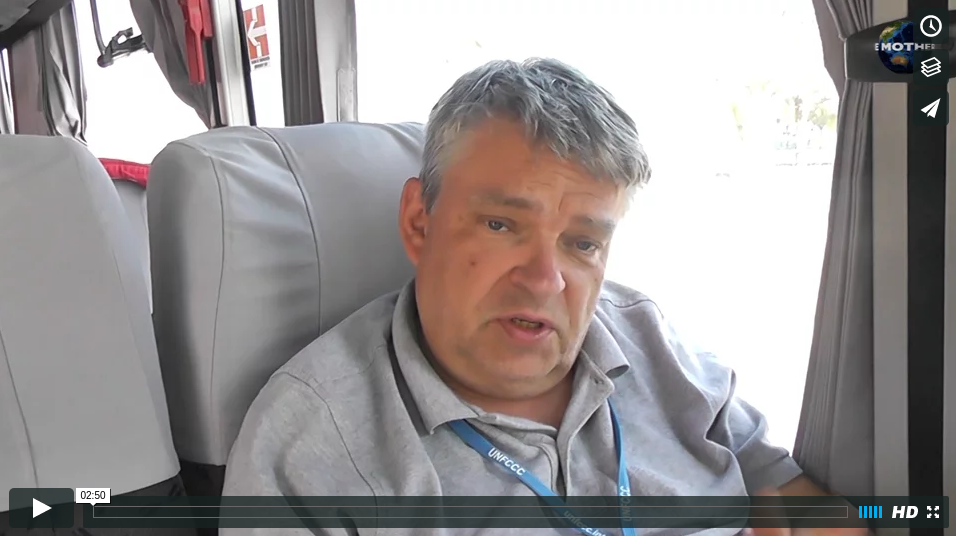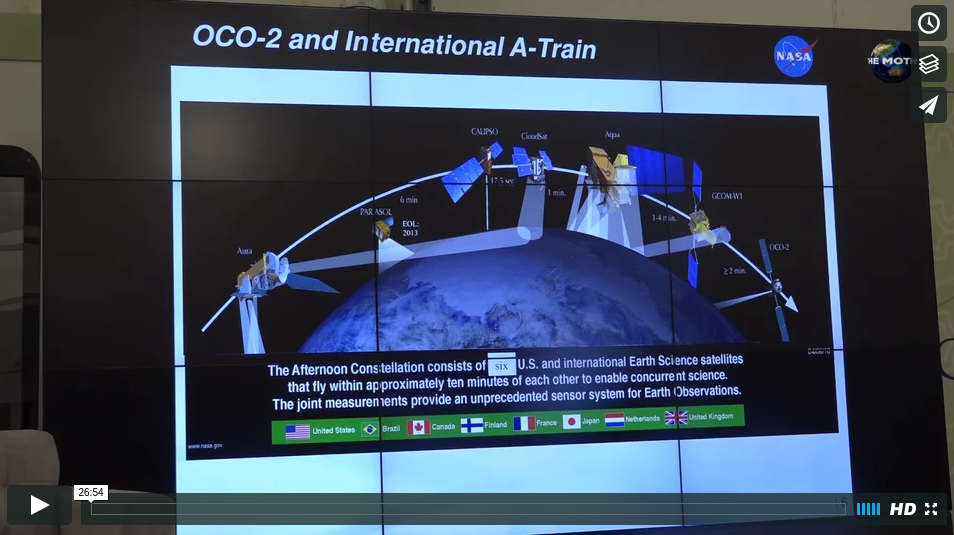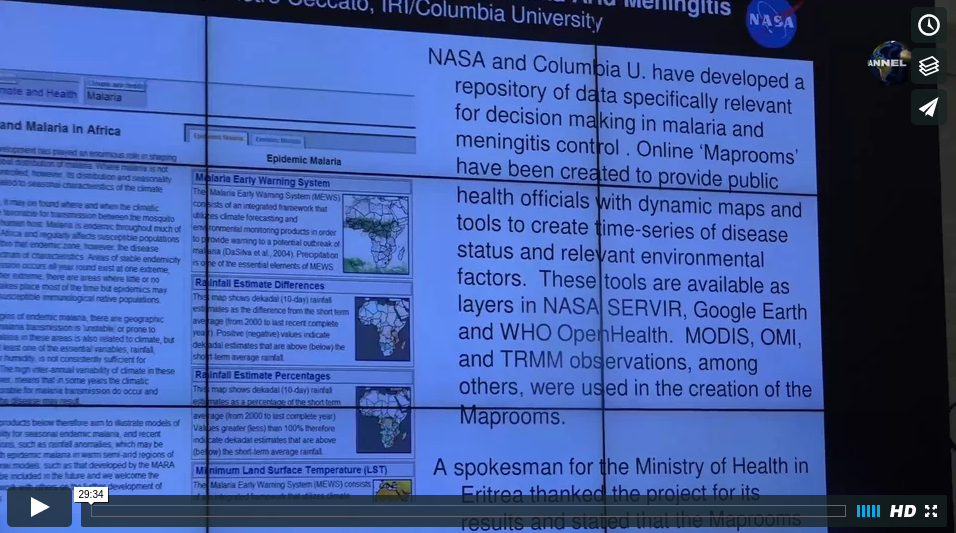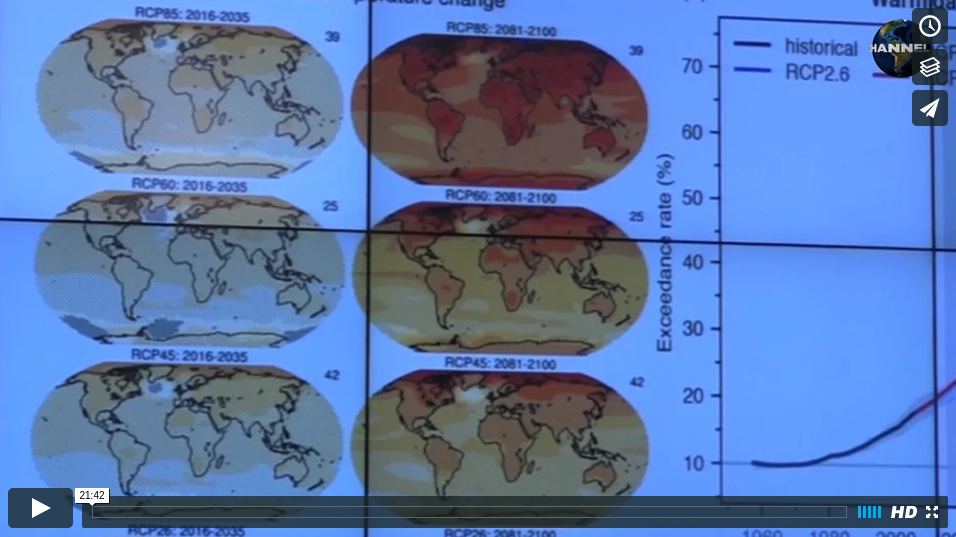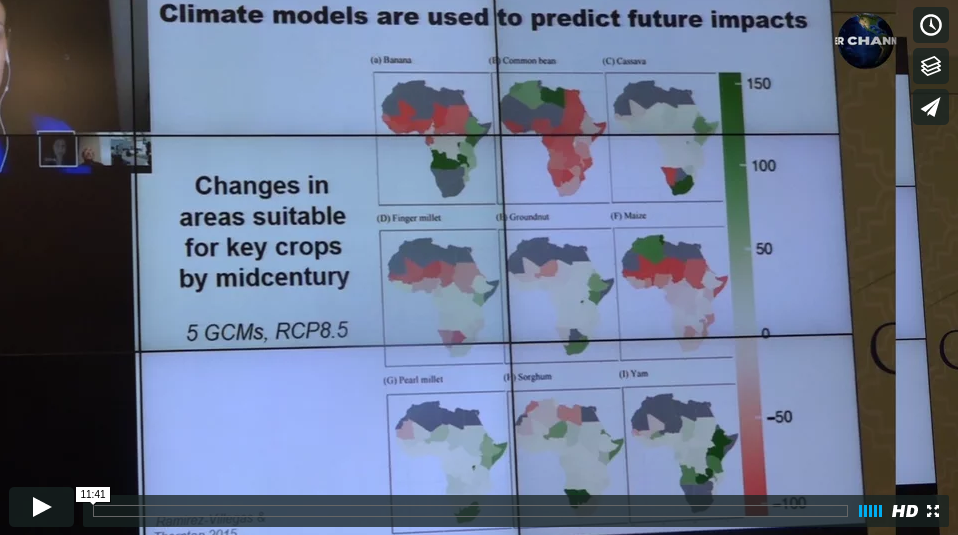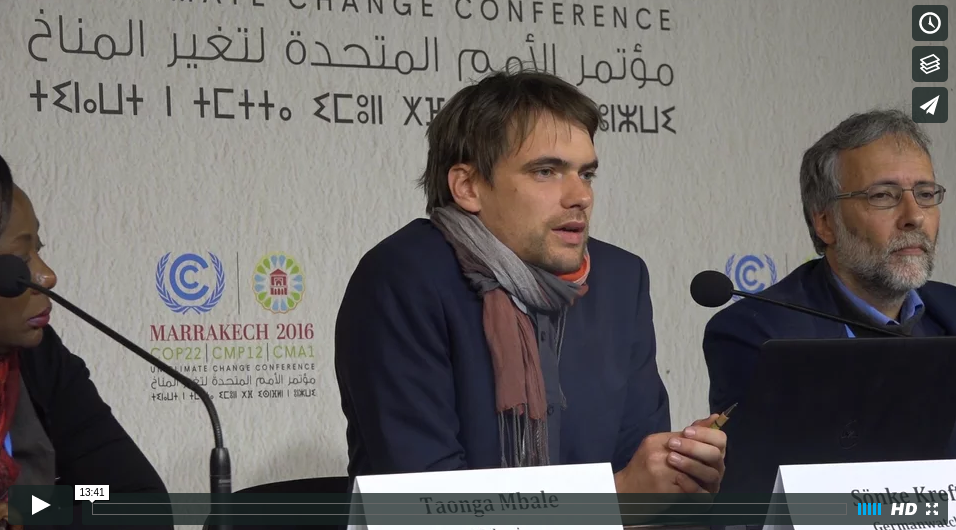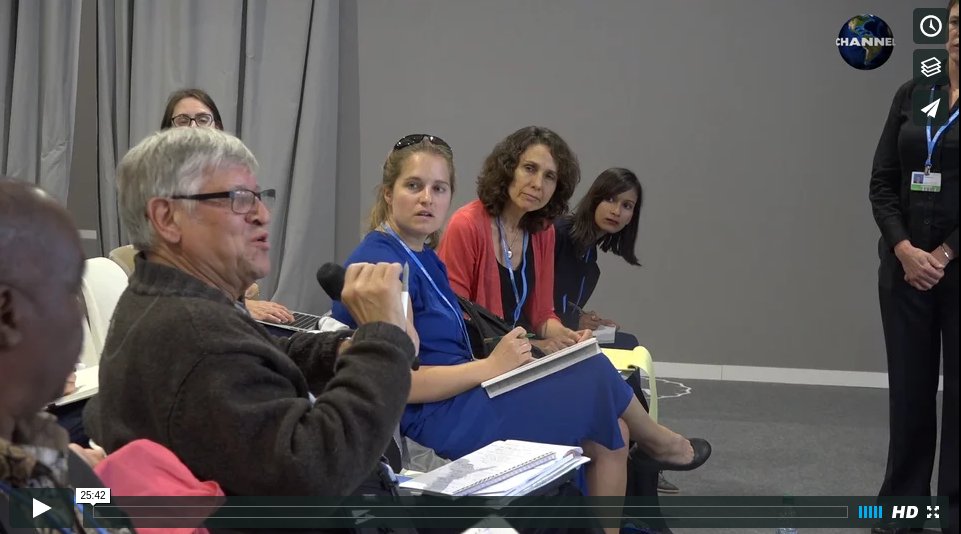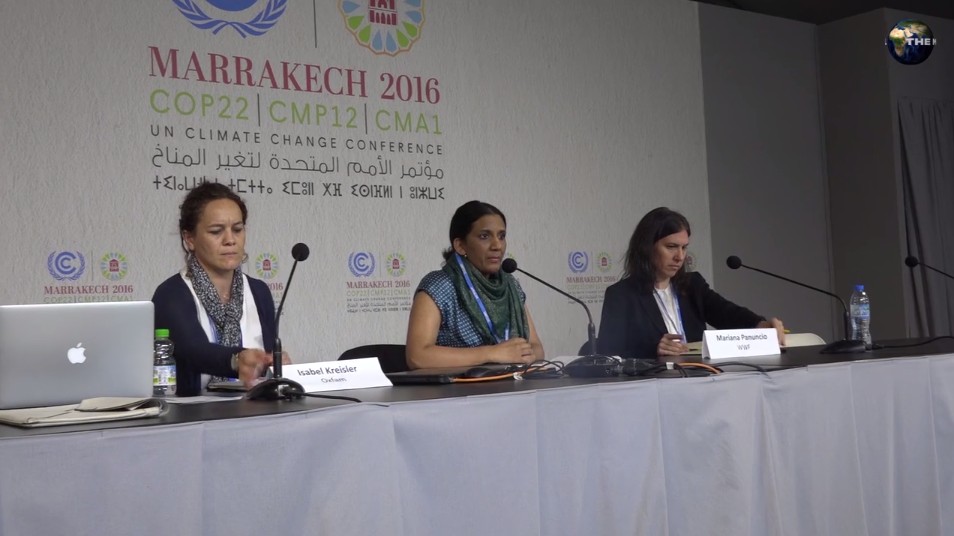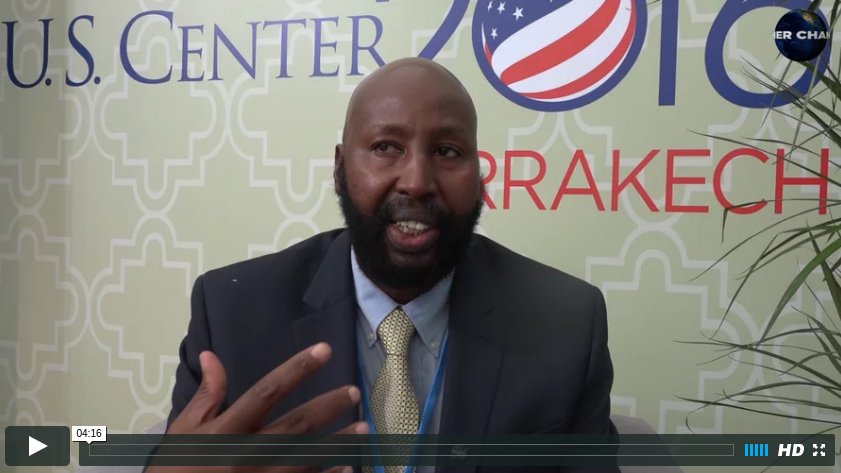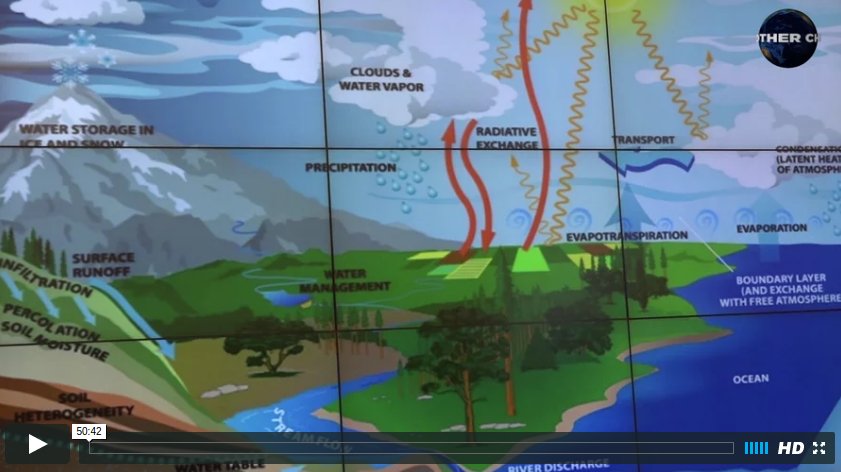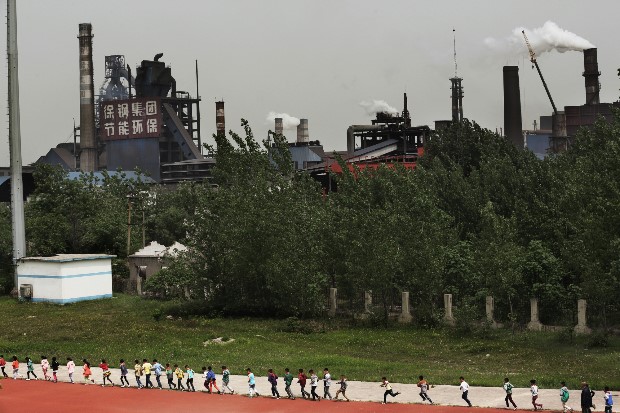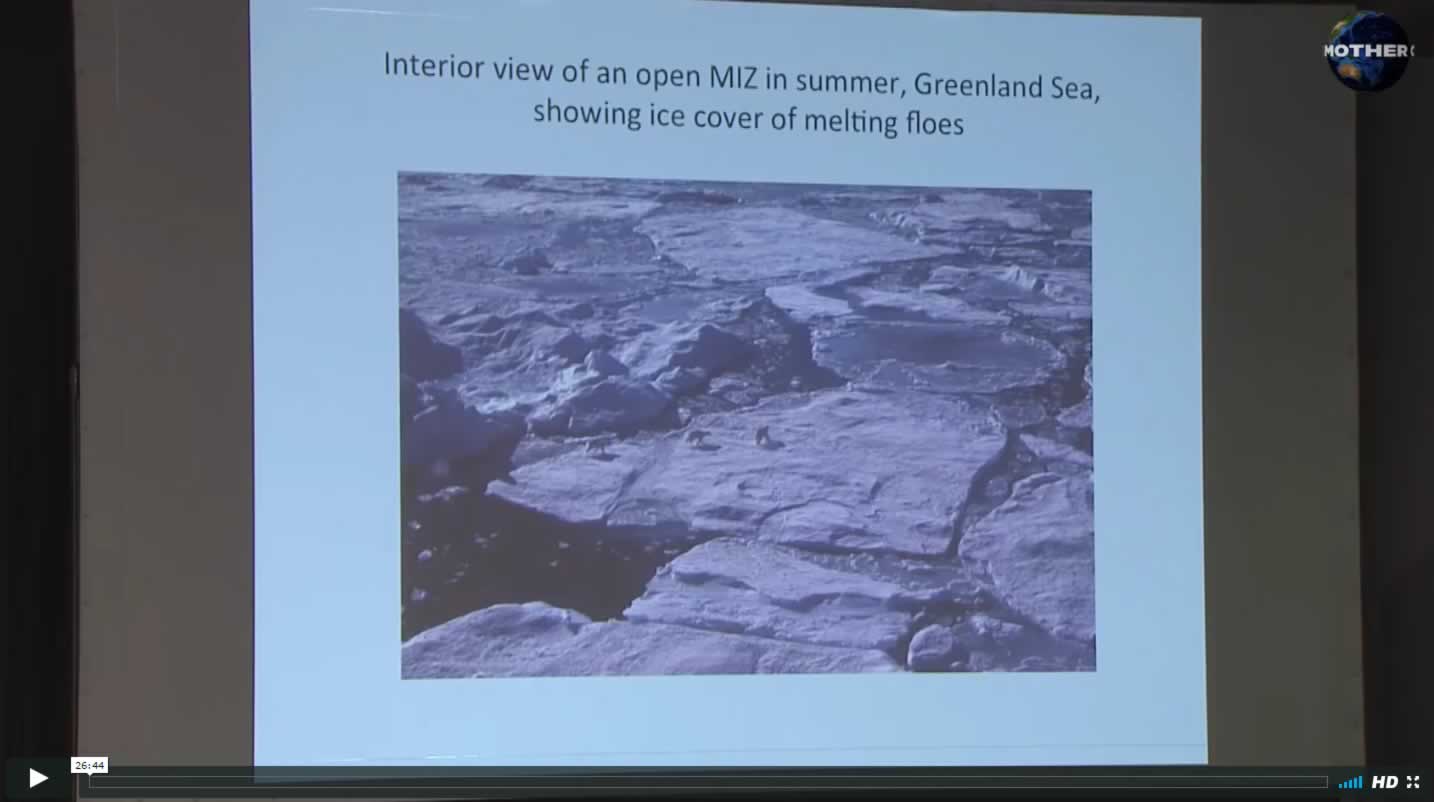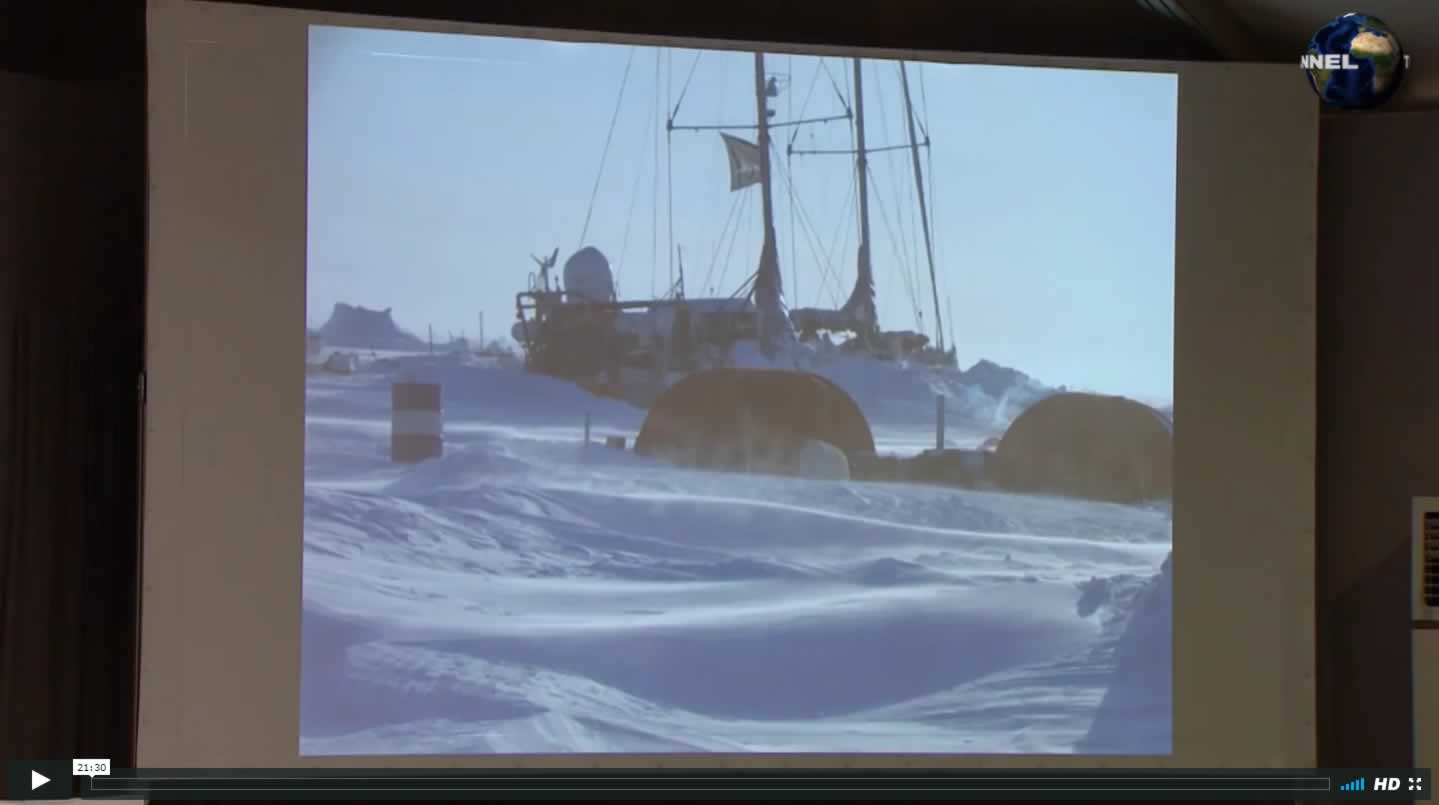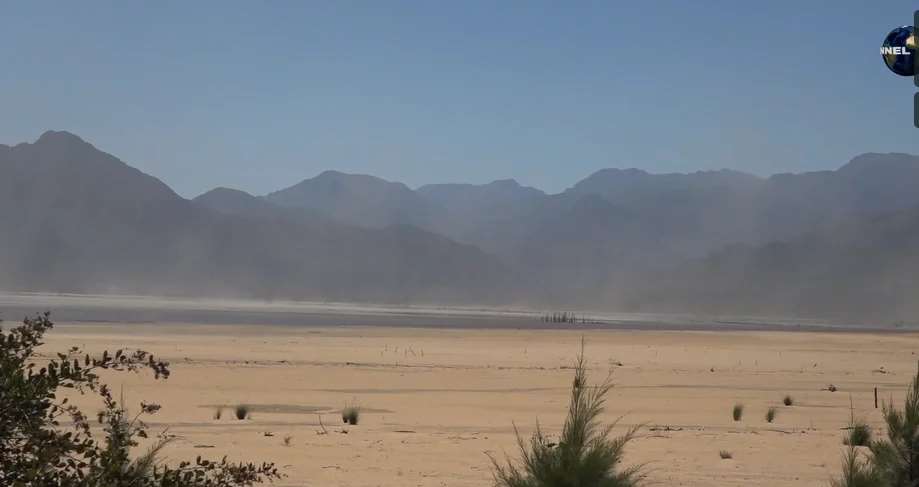- Live Stream
- Climate Change
- ENN
- Environmental Info
- Green Business
- Green Solutions
- Beautiful World
- Categories
- Articles
- Arctic & Glaciers
- Polar Regions and Glacier Reports
- Ethical Dimensions
- Global Warming
- Peatlands & Wetlands
- ENN – The Environmental News Network
- Agriculture
- Chemicals
- Conservation
- Fish Crime
- Forests
- Health
- Mountains
- Oceans
- Energy
- Money
- Green or Gone
- Nutrition
- Permaculture
- Various Solutions
- Powerful
- Watch This
- Water
- Breaking News
- Series ENN
COP 22 Germanwatch on CCP Index – ‘Real Action’ Climate goals
By invitation from Germanwatch as a guest speaker, Ms Taonga Mbale (Dir. Environmental Affairs Dept. and National Focus Point for Climate Change, Malawi) comments on her countries climate change index to date, with Sönke Kreft (Team Leader: Intl. Climate Policy) and Christoph Bals (Political Dir: Policy) who elaborated on Germanwatch’s CCPI (Climate Change Performance Index) […]
CLOSE
